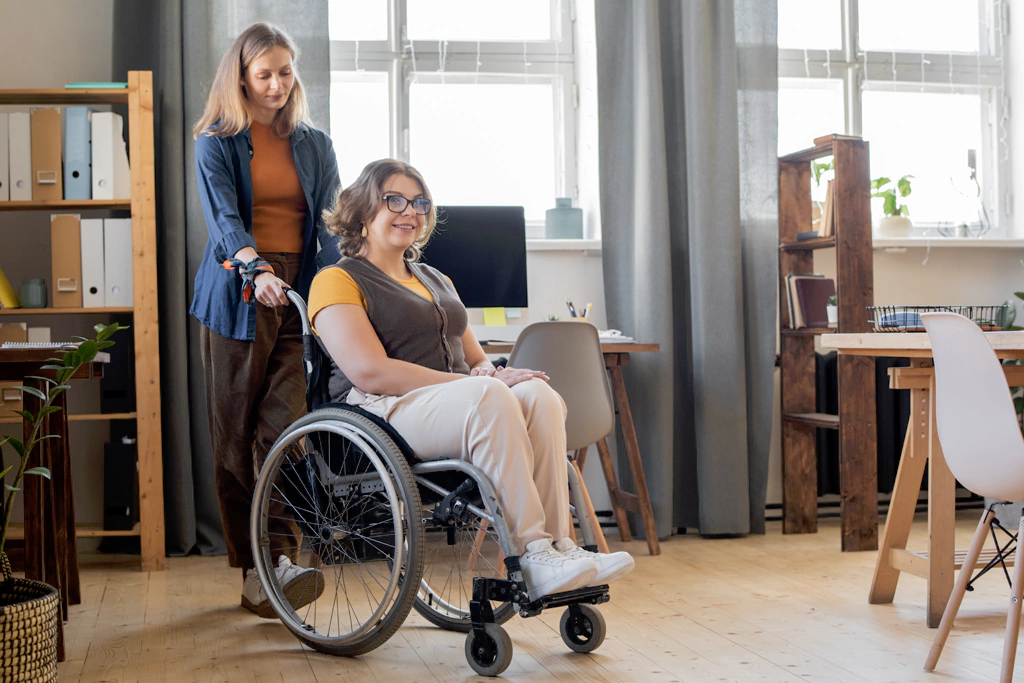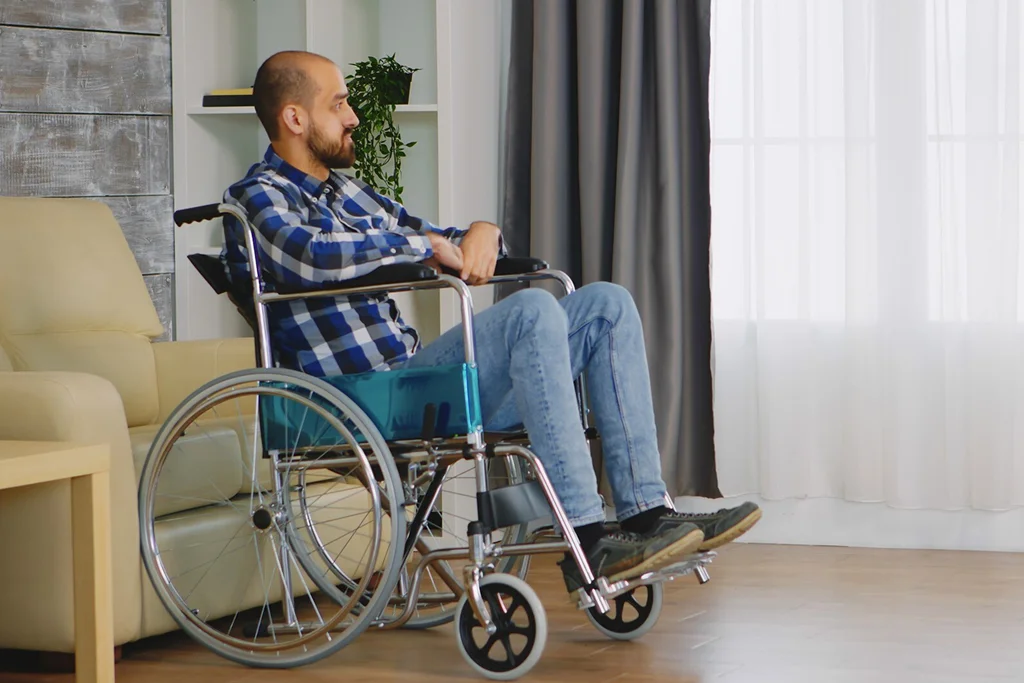Finding the right place to live changes everything. A home isn’t just a roof or four walls; it’s where you feel safe, routines make sense, and life becomes a lot easier. For the NDIS participants, housing can shape how independent they feel day to day. Through the National Disability Insurance Scheme (NDIS), a few pathways exist, and one of the most talked-about is Specialist Disability Accommodation (SDA). To get a clearer picture, let’s look at how SDA is different when compared to other NDIS housing options.
Understanding SDA
Different Types of SDA Homes
- High physical support homes include things like ceiling hoists, and emergency systems
- Fully accessible homes cut out steps, narrow corridors, or hard-to-reach bathrooms
- Improved liveability homes are designed for people with sensory or cognitive challenges
- Robust homes are tougher and safer, ideal for those with complex behaviours
Who Usually Gets SDA?
Other Housing Options Through the NDIS
- Supported Independent Living: Gives daily support with things like meals, cleaning, or routines
- Individual Living Options: Let's participants choose where and with whom they live
- Shared Living: Brings people together under one roof, usually lowering costs and building friendships
- Private Rentals: Keep things mainstream, with supports wrapped around everyday housing
SDA vs Supported Independent Living (SIL)
SIL Werribee focuses on the “helping hands” side of life. It’s support workers showing up to cook, clean, or guide through personal care. SDA is more about the house itself. In many cases, they go hand in hand. A person might live in an SDA Werribee property and also receive SIL for daily routines.
SDA vs Individual Living Options (ILO)
SDA vs Shared Living
SDA vs Private Rentals
Putting the Differences Side by Side
| Aspect | SDA Homes | SIL Homes | ILO Arrangements | Shared Living | Private Rentals |
|---|---|---|---|---|---|
| Support | Built-in modifications and smart tech | Daily help from support workers | Flexible choices in living style | Shared costs and support with others | Support services added separately |
| Accessibility | Hoists, ramps, wide spaces, reinforced builds | Little or no physical adjustments | Lifestyle focused rather than housing | Dependent on the property’s design | Limited modifications available |
| Funding | NDIS pays for the structure | Funding goes to service hours | Tailored funding for chosen set-up | Mix of personal and funded inputs | Rent plus external supports |
| Stability | Long-term security in a specialist home | Adjusts to daily routines | Puts decision-making in your hands | Brings community and companionship | Choice within mainstream market |
Why SDA Can Feel Different
You might notice that SDA in Melton creates homes that already think ahead. These include wide doors that make moving around easier and tech ready to be calibrated with equipment. All of this reduces the stress on carers and residents alike. These houses also tend to last. The stronger materials and thoughtful design mean people can stay put for years without needing constant changes.
Why Other Options Still Matter
- SIL helps build daily life skills through hands-on guidance
- ILO gives real control over who you live with and how
- Shared living brings a sense of community and lowers costs
- Private rentals keep people connected to mainstream neighbourhoods
Picking What Fits
- Everyday challenges and supports you rely on
- What makes a space easier to move through and live in
- How much rent and bills fit into your budget
- Whether you want company or privacy day to day
- The long-term picture, like staying in one spot or moving around
Wrapping Up
SDA sits as a specialised option for people who need homes built around access and safety. Other housing options give flexibility, independence, and community ties. There’s no single best pathway; rather, it’s about what works for each person’s life now and into the future. With the right advice, you can land on a choice that feels steady, practical, and truly your own.
Matrix Healthcare stands out for delivering comprehensive, compassionate, and professionally tailored disability support. With a thoughtful suite of services and a genuinely caring team, we empower individuals across Melbourne to live confidently and comfortably.
Contact us to learn more about our services. Our experts will provide you with a customised solution according to your requirements.







 Make My Website
Make My Website